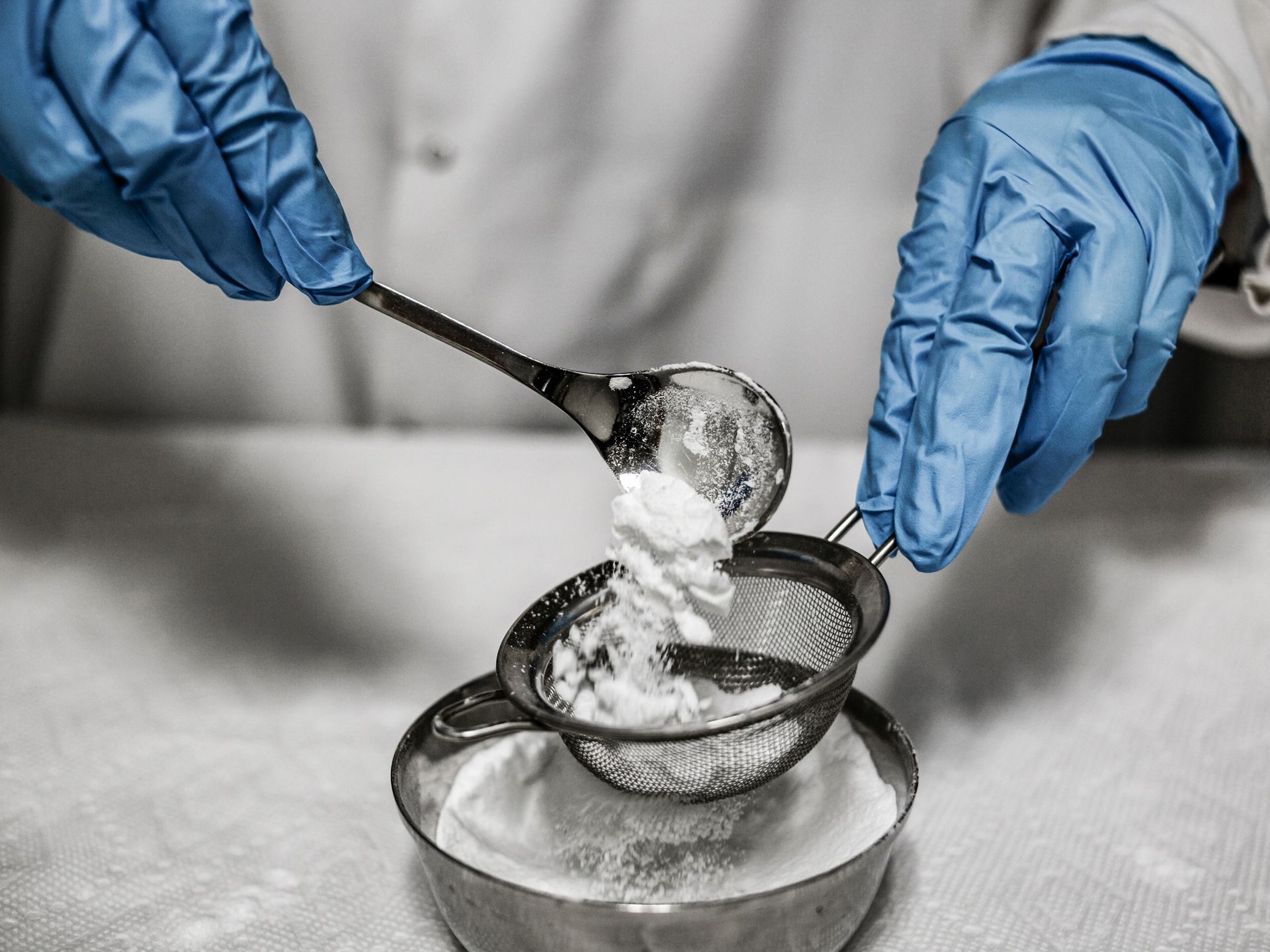The History of Compounding Medications

Compounding medications is an ancient medicinal practice that involves the customization of medications to meet the unique needs of individual patients.
The process of compounding medications has evolved significantly over time, influenced by cultural, scientific and technological advancements.
Ancient Beginnings
The roots of compounding medications can be traced back to ancient civilizations such as Mesopotamia, Egypt and China. In these early societies, healers and shamans concocted remedies using herbs, minerals and other natural substances. These early healers would often combine ingredients based on empirical knowledge passed down through generations. These methods weren’t scientific by today’s standards, but there were many situations where, through trial and error, people were able to ascertain that some herbs, plants or practices led to improved symptoms for certain ailments.
The Sushruta Samhita, an ancient Sanskrit text renowned for its insights into surgery provides the earliest documented instance of compounded medicine. This influential text, believed to have originated as early as the 6th century BC, offers valuable insights into the practices of ancient pharmacology and healing. While rudimentary compared to modern pharmaceutical practices, these ancient remedies laid the groundwork for the compounding techniques that would emerge in later centuries.
Medieval Europe and the Rise of Apothecaries
During the Middle Ages, the practice of compounding medications flourished in Europe, particularly with the establishment of apothecaries. Apothecaries were skilled practitioners who prepared and dispensed medicines, often working from elaborate shops filled with jars of herbs and potions. These early apothecaries played a vital role in their communities, serving as both healers and pharmacists.
One notable figure in the history of compounding medications is Theodoric Borgognoni, an Italian surgeon who lived in the 13th century.
Borgognoni is credited with refining techniques for compounding surgical medications and was renowned as one of the first surgeons to use Spongia Somnifera as an anesthetic in surgeries.
The Renaissance and the Birth of Modern Pharmacy
The Renaissance was a period of great intellectual and scientific advancement, leading to significant developments in pharmacy and medicine. During this time, the first pharmacopeias—books containing lists of medicinal substances and their preparations—were published. This provided standardized guidelines for compounding medications.
In the 17th century, the Society of Apothecaries was founded in London, marking a pivotal moment in the professionalization of pharmacy. Members of the society were required to undergo rigorous training and adhere to strict quality standards in compounding medications. Similar organizations emerged in other European countries, further influencing the practice of pharmacy.
Industrialization and the Rise of Commercial Pharmaceuticals
The start of the modern pharmaceutical industry began with the first pharmaceutical company in 1885. The beginning of the industry was fueled by advancements in chemistry and manufacturing technology. With the invention of the pill press and other mechanized processes, medications could be mass-produced with greater efficiency and consistency.
While the rise of commercial pharmaceuticals revolutionized the field of medicine, it also posed challenges for traditional compounding practices. Many apothecaries struggled to compete with large-scale pharmaceutical companies, leading to a decline in the prevalence of compounding medications.
Revival of Compounding in the Modern Era
Despite the dominance of commercial pharmaceuticals, compounding never fully disappeared. In recent decades, there has been a resurgence of interest in compounding medications, driven by a growing recognition of its benefits. Compounded medications offer personalized solutions for patients with unique medical needs, such as allergies, sensitivities or dosage requirements.
Compounding also allows pharmacists to create specialized formulations that are not available commercially, providing patients with access to tailored treatments for a wide range of conditions. This personalized approach has gained attention from both healthcare professionals and patients seeking alternatives to mass-produced medications.
Discover Personalized Care at St. Hope Pharmacy in Houston, TX
Are you interested in experiencing personalized care and medications offered by compounding pharmacies? Look no further than St. Hope Pharmacy in Houston, TX. Whether you require customized formulations, specialized dosage forms or allergy-free alternatives, we are here to serve you.
Schedule an appointment at St. Hope Pharmacy today here on our website or by giving us a call at (713) 778-1300 to discover the difference personalized compounding can make in your health journey. Your health is our priority, and we look forward to assisting you on your path to wellness.


